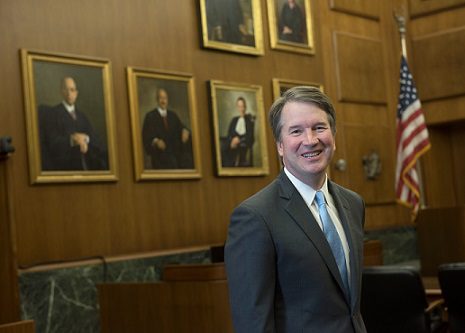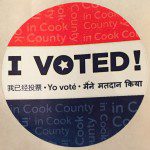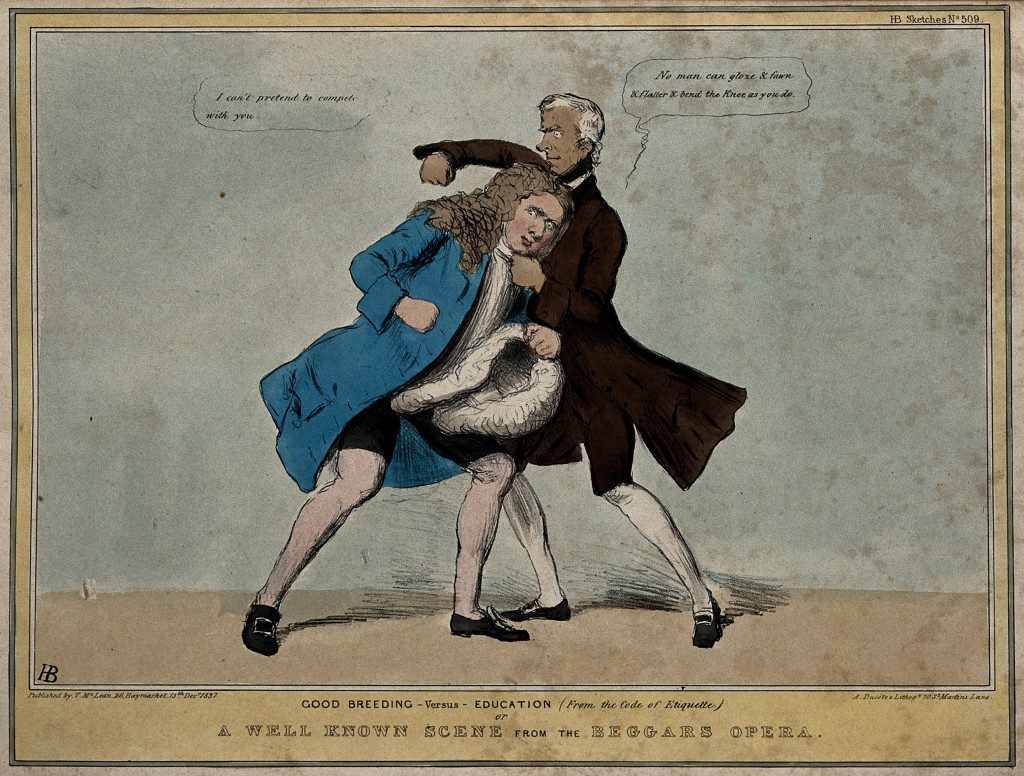
So the Kavanaugh assault accusation story got a bit stranger today, as his accuser has now said that she’s unwilling to fly to D.C., and must be granted sufficient time to drive there from California instead. Separately, CNN reported that a friend described her as having long been unwilling to fly due to a fear of enclosed spaces, which, that friend said, Ford explained in a conversation “late last month,” was due to having been attacked, something which also caused her to insist on having two exits from any room, including all the rooms in her home.
So, look, I don’t really know enough to say whether she’s making this all up, or whether she has been so traumatized that it would be unreasonable to expect her to get on an airplane. (It’s my understanding that the Judiciary Committee has offered to send staffers out to her so it’s something of a moot point.) It does, in that case, make it a bit odd that the only instance in which she discussed this incident was in connection with couple’s therapy, rather than as part of a more ongoing treatment. I’m not going to say that, as a result, I disbelieve her story, but it’s just strange. It makes me wonder if this is one of those situations in which someone has a long series of unfortunate events, and in hindsight settles on one single event as the cause, because doing so makes it easier to cope — but that in the intervening years she had attributed her woes to other reasons, rather than solely to this incident.
The second odd development was the series of tweets from Ed Whealen, some kind of D.C. insider, yesterday. They’re gone now, but he apparently had accessed a yearbook in which the students’ addresses were a part of their profile and, from this, he concluded that none of the purported party attendees lived near the country club which Ford identified, but identified another individual whose home was much nearer and the floor plan of which (from Zillow) matched Ford’s description. This individual, he said, was a Kavanaugh look-alike. He was soundly shot down for this on twitter, with Ford insisting that she is absolutely certain it was Kavanaugh and could not possibly be anyone else, and others saying, “the neighborhoods are filled with center-entry colonials.” And I wouldn’t really have anything to say about housing types in upper-class D.C. area neighborhoods, but it did seem distinctive to me that a home that would be the site of a rich kids’ party would be small enough that the bathroom would be upstairs — though I had assumed that this meant the party was in the basement. But it does seem to me to be a meaningful question to ask: if this was such a small party that she can identify all the guests, then one of those has to be the occupant of the home, and the detail of “near the country club” has to fit in with that, and Whealen does say that all the other named attendees lived so far away one wouldn’t reasonably identify it that way.
And here’s the other thing that strikes me about this whole situation. Kavanaugh has said not that he doesn’t remember such a party. He hasn’t said, “I was at so many parties, who knows?” and certainly not “I spent the majority of my teenage years drunk.” He said, “I was never at a party meeting that description.”
And there are plenty of reports about the wild party scene of private high schools in the 80s (e.g., this Washington Post report). And it’s very easy to visualize such a party – think Sixteen Candles, though I have to say that I have no clue to what extent this is anything other than a Hollywood version of teen parties. But Ford’s description is different: 4 boys, 2 girls, if I understood correctly, with only Judge and Kavanaugh drinking heavily, the others with one beer each. So I could kinda imagine Kavanaugh having in mind something like this: “look, I was a football player. I just wouldn’t have gone to a party with so few people. If there wasn’t a keg, it wouldn’t have been worth my time. I would hardly advise this for anyone today, but that was how I spent my time.”
I mean, sure, in my world, it was perfectly normal to get together in groups of a half-dozen. But we wouldn’t have called it a party, we would have called it “hanging out at so-and-so’s house.” And the idea of two boys attacking a girl who’s gone to use the bathroom makes a lot more sense in the sort of house party where there are kids everywhere and no one’s really paying any attention to whatever else is going on. Now I’ve seen speculation along the lines of “yeah, the norm might have been wild house parties but this might have been the one where the hordes just hadn’t arrived yet, or where for whatever reason the host hadn’t adequately gotten the word out.”
So anyway — what I was thinking about when I sat down to write is this: I’ve seen a lot of speculation on what caused Feinstein not to act, and then caused staffers to leak this accusation (or whatever it was that actually happened), and what makes sense to me is for Feinstein and others to have deemed this accusation too weak, but for others to have rejected that, and particularly for them to have expected that, in the same way as the multiple Roy Moore accusers corroborated each other, that, once this accusation was made public, other women would say, “yes, this happened to me, too.”
That hasn’t happened. No one has made any sort of claim about Kavanaugh — only about “his type.” The Holten Arms women who signed the letter of support had no personal knowledge but said, in a letter now on its own website,
Dr. Blasey Ford’s experience is all too consistent with stories we heard and lived while attending Holton. Many of us are survivors ourselves.
I do not have the expertise to evaluate the truth behind Ford’s or Kavanaugh’s claims. What’s more, even from just what’s been circulating recently, I have the understanding that there are two competing points of view, even among experts, about memories about upsetting events: some people believe that the core memory is real, unshakable even if details (in this case, where, when) are lost, so that Ford’s identification of Kavanaugh is definitive; other people say that, no, this is a myth, and memories can be reconstructed into being quite different than the actual past, especially if this is an incident which was shoved into the past and only became viewed as a formative event much later — so that the details may have been fuzzy to Ford at the time of the therapy session in 2012 but reports circulating then that if Romney won the election he’d pick Kavanaugh, could have caused her to identify the attacker as him.
But it does trouble me that many of Ford’s supporters are using Kavanaugh as a stand-in for all such men who have been perpetrators in the past, or, rather, that they believe Ford unhesitatingly because they “know that type” and that’s enough of a reason for them. For them, “MeToo” has transformed itself into a conviction that men are, for the most part, perpetrators with skeletons in their closest.
And now I’d really like for this to end, because we’re all getting sucked into a rabbit hole.
Image: https://commons.wikimedia.org/wiki/File:Judge_Brett_Michael_Kavanaugh.jpg; By U.S. Court of Appeals for the District of Columbia Circuit [Public domain], via Wikimedia Commons















